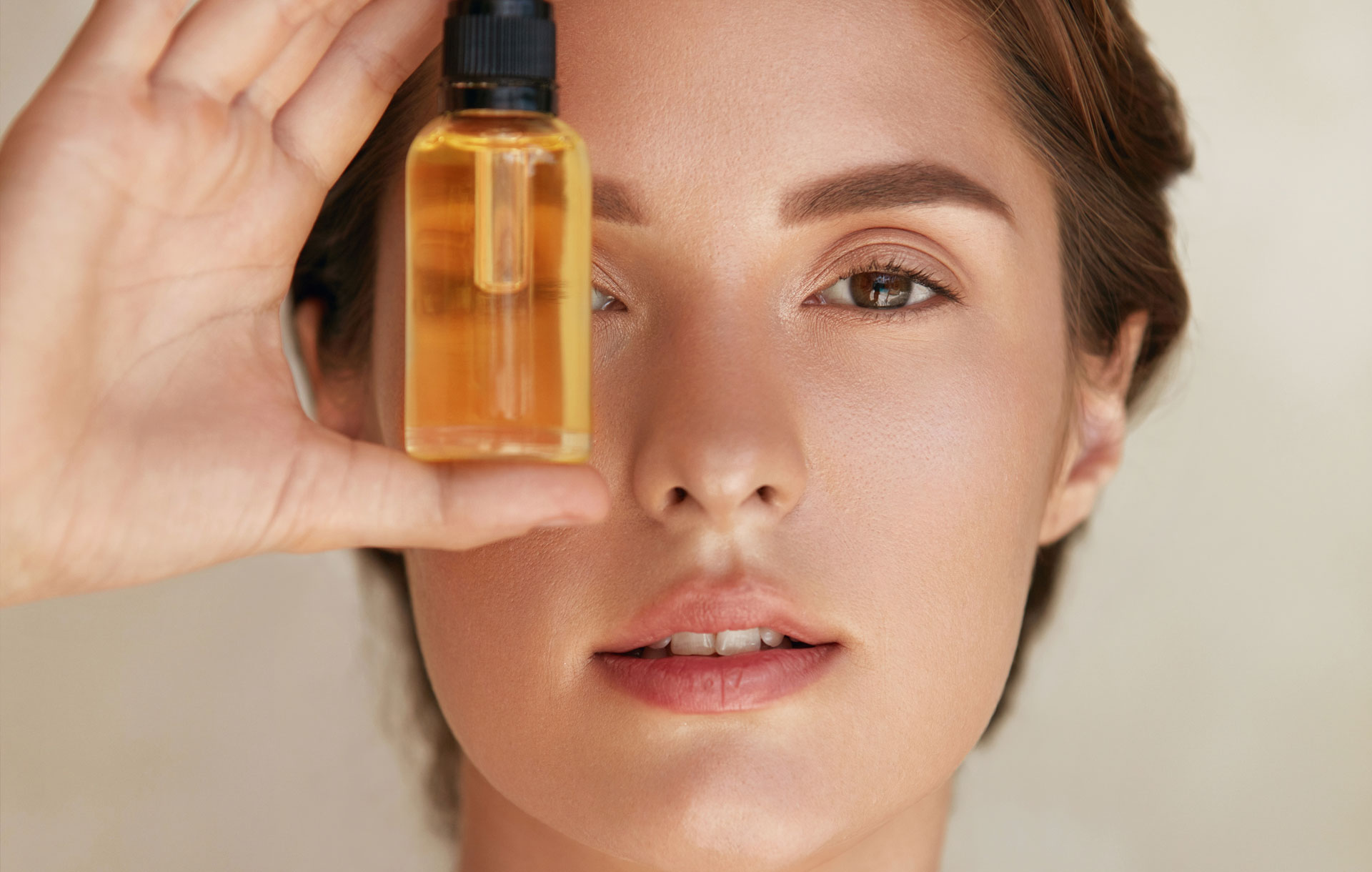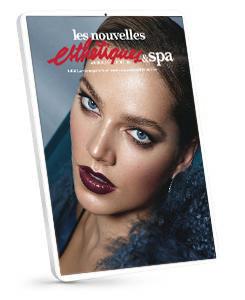
Six water-loving ingredients to hydrate the skin
Many clients confuse their dehydrated skin for dry and vice versa. It is important to note that dehydrated skin is a skin condition caused by lack of water in the skin, and anyone with oily, dry, or combination skin can have it. Dry skin, on the other hand, is a skin type characterized by a lack of oil. On the bright side, dehydrated skin is usually a temporary concern that can be treated with the right ingredients. The best way to treat this condition is to encourage more water-rich foods into your clients’ diets and hydrating skincare ingredients into their regimen. Here are the top thirst-quenching substances to look out for when treating dehydrated skin.
Hyaluronic Acid
This is a water-wonder for your client’s dehydrated skin. Also known as hyaluronan, hyaluronic acid is a sugar naturally produced by your body to lock in water and help keep your skin nice and plump. Due to aging and environmental aggressors, our skin’s HA levels can begin to take a bit of a dip. Fortunately, this ingredient can be found in many products like creams, gels, serums, supplements, and injectables to help bring your clients’ skin back to life.
[ihc-hide-content ihc_mb_type=”show” ihc_mb_who=”2,4,5,6,7″ ihc_mb_template=”3″ ]
Glycerin
Glycerin is another humectant that acts like a sponge in the way it interacts with water. Not only does it attract moisture from the air, but it pulls water from the deeper layer of the skin to deliver it to the outer layer of the skin. This water-binding element is derived from plant oils, fermentation of sugars, and can be synthetically produced. It is clear and odorless, and commonly found in cleansers, serums, and moisturizers. It is also great for reducing acne and soothing irritated or damaged skin.
Aloe
Since the gel’s primary constituent in the leaves is water, it’s no surprise that aloe is one of the best ingredients for hydration. This ingredient is perfect for bringing back that dewy glow for your clients. Still, it also does wonders for the skin by delivering an array of vitamins and minerals to treat common skin concerns like acne, eczema, and psoriasis.
Honey
When the skin needs a sip of hydration, look no further than honey. This natural humectant helps the skin absorb water and lock in moisture, making it ideal for dehydrated and dry skin. Its probiotics and enzymes make it an excellent exfoliator without stripping the skin of its oil barrier. Due to its gentle nature, honey can be a perfect choice for sensitive skin types.
Lactic Acid
Water-soluble acids like citrus and glycolic are great for upkeeping hydration. Although, lactic acid is by far one of the premier choices for those with sensitive and aging skin. It speeds up the cell growth process while increasing hyaluronic acid in the skin. It can make dull, coarse skin look thicker and plumper through a natural hydration process. The exfoliation properties also help with eliminating hyperpigmentation and restoring a more youthful glow.
Ceramide
Found in the skin’s uppermost layer, ceramides are fatty acids that help retain moisture and hydration and maintain the skin’s barrier. They contain hydration-boosting properties that not only help to preserve long-term hydration but strengthen the skin’s surface to protect it against environmental stressors like dry heat or extreme cold-weather conditions. If your client is suffering from both dry and dehydrated skin, add products with ceramides to their routine.
SEAL THE DEAL
While humectants like the ones above attract water, occlusives prevent it from escaping by serving as a physical barrier. Your clients can lock in their hydrating products by layering mineral oils, squalene or a thin layer of vaseline to their face. Note that these agents may be too heavy for oily and acne-prone skin, and are best suited for dry skin. If your client has oily skin, it may be best to stick with light-weight and oil-free moisturizers.
INGREDIENTS TO AVOID
If your clients come to you with dehydrated skin, it is best to advise them not to use harsh cleansers, irritating cosmetic products, and any products that contain fragrance or alcohol that can strip the skin. It is also best to avoid ingredients like tea tree oil, benzoyl peroxide, salicylic acid, clay masks, and most types of exfoliators and chemical peels until the condition is taken care of. It is also important that your clients don’t over-wash their skin, especially with hot water.
[/ihc-hide-content]












